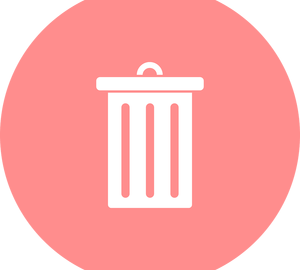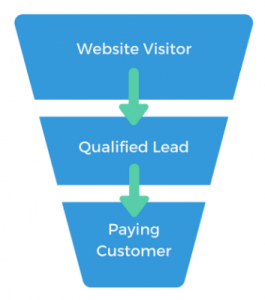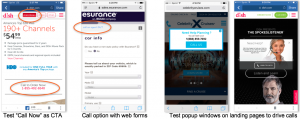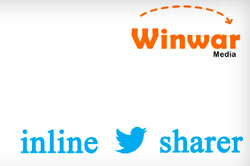— January 23, 2018
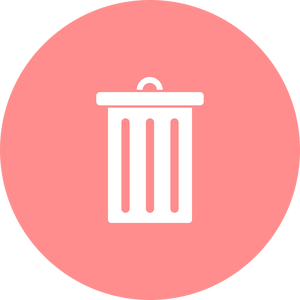
Jobseekers depend on their resume—and, to a slightly lesser extent, their LinkedIn profile—to inform recruiters and hiring managers about the skills they bring to the table. With that said, there is such a thing as having too much information on your job search documents—or, rather, having information that does more harm than good.
It’s worthwhile to periodically go through your professional documents and eliminate anything that’s dragging you down. We’ve prepared a checklist for you—10 things you’re safe to eliminate from your resume and your LinkedIn profile now.
What to Exclude from Your Resume and LinkedIn Profile
- Secondary skills. It’s commonly assumed that your resume should mention every skill you possess—but that’s not always the case. If there are skills you’d rather not continue to hone at your next job, it’s often best to leave them off; focus on the things you love, the things you’re good at, and the things you want to keep doing.
- Silly email addresses. If you’re still using a goofy email handle from your college days—that Hotmail account you signed up for back in the day, perhaps—it’s time to set up a new, professional email account through which you can handle your job search.
- High school jobs. Unless you’ve just graduated from college and these are the only jobs you can list, it’s better to forget them.
- Hobbies and leisure activities. There are some isolated cases in which your hobbies belong on your resume—specifically, if they dovetail with the job you’re applying for—but usually, you’ll want to leave them off. Believe it or not, hiring managers don’t care that you love to play golf or collect vinyl records. They care about the value you can bring to their organization.
- Antiquated technology. By this point, there’s no need to specify that you know how to use email, Microsoft Word, or the Web browser. Everyone should be able to do these things—and listing them on your resume just dates you.
- Your home phone number. Just include your cell; make it clear to employers that you can always be reached, no matter what.
- Paragraphs of text. Your job descriptions should be easy to read—and for that matter, easy to skim. Always use bullet points. Big blocks of text are a major turn-off.
- Salary figures. You’re likely to either sell yourself short or position yourself as unattainable—and either way, it’s undermining your prospects.
- Generic job titles. Make sure your job titles give a pretty clear indication of what you actually did in that role; just saying “Manager” is usually not descriptive enough.
- Duties. This one may surprise you—and to be clear, your resume should provide some insight into what you’ve done at your different jobs. The point here is to focus more on achievements as opposed to a laundry list of responsibilities, whenever possible.
Business & Finance Articles on Business 2 Community
(84)
